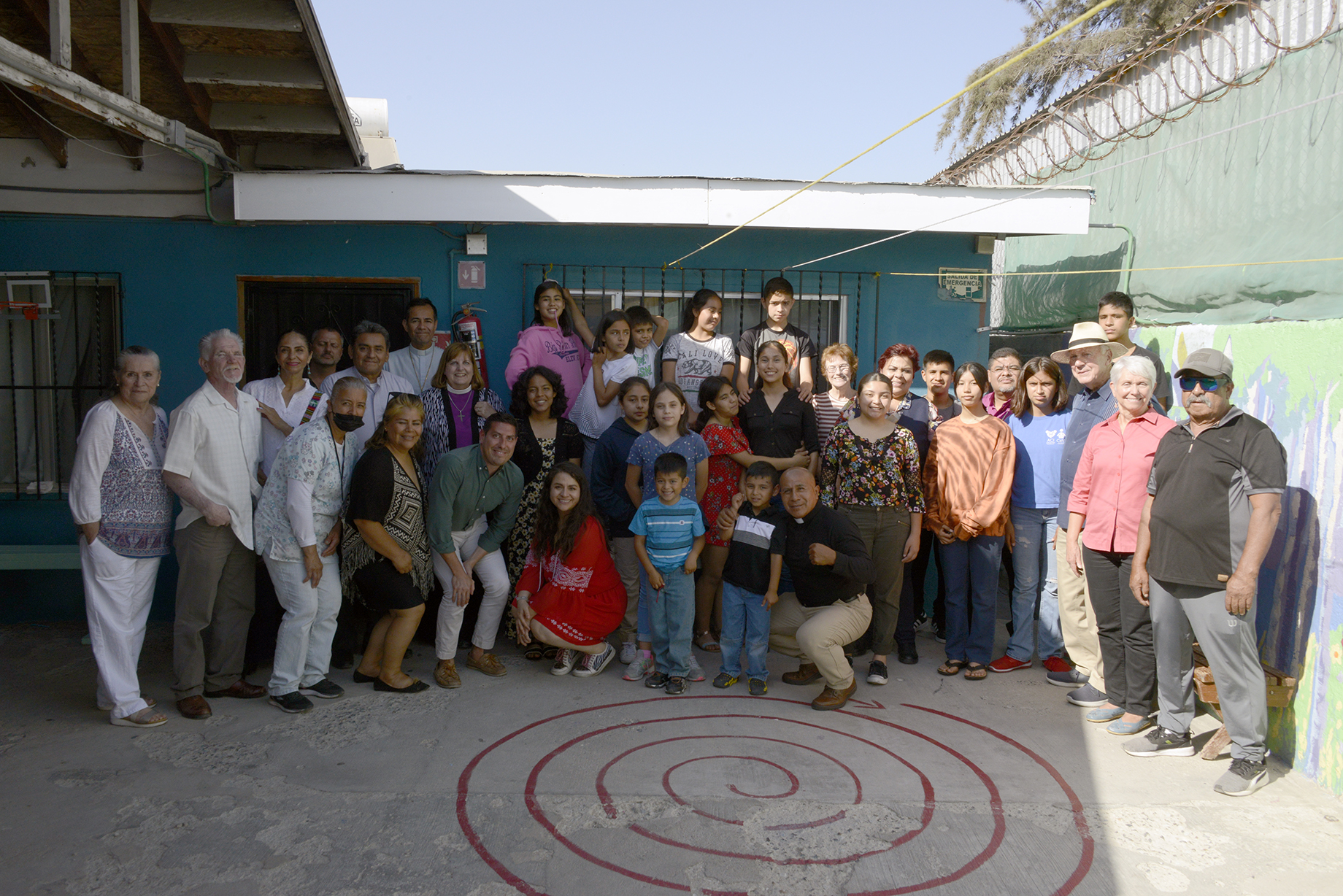Creating Change: Mutual Ministry Along the Border
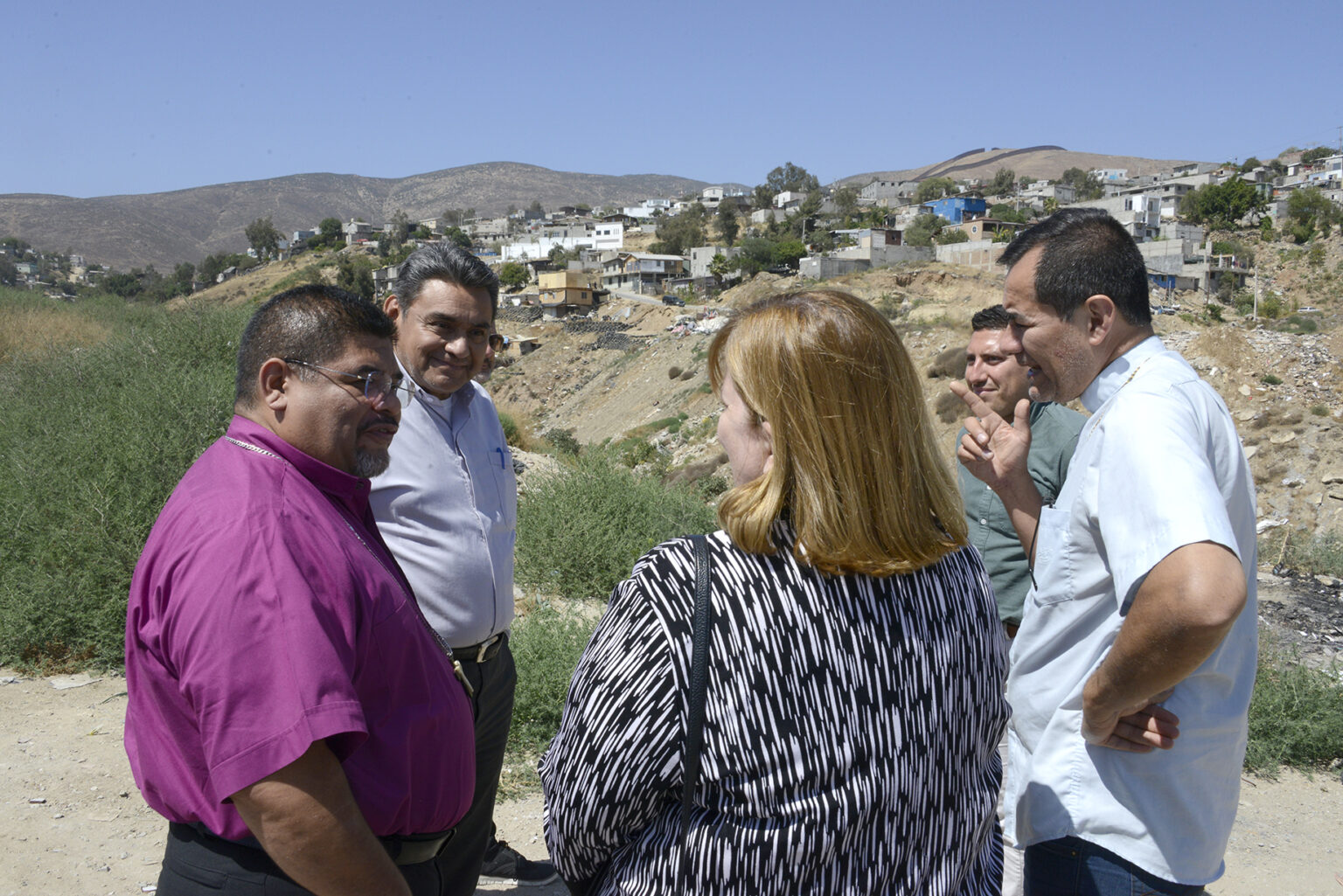
Bishop Susan Brown Snook joined the Bishop of Western Mexico, The Rt. Rev.Ricardo Joel Gómez Osnaya; the Bishop of Southeastern Mexico, The Rt. Rev. Julio C Martin; the Bishop of Guatemala, The Rt. Rev. Silvestre Romero; and delegations from San Diego and Los Angeles in Tijuana to discuss mutual ministry and cooperation across the border. The group later lunched with members of Via International and visited the Vida Joven orphanage, supported by multiple churches in the Episcopal Diocese of San Diego.
Bishop Susan Brown Snook said, “It was a joy to meet with my companion bishops from south of the border and talk about cooperating in ministry together. The work of Via International in helping women start small businesses through micro-credit was inspiring and hopeful. And my heart was truly touched by the children of Vida Joven. Children who were formerly abused, abandoned, or orphaned are loved, cared for, and protected there, so they can grow up knowing that they are safe. I saw the hand of God everywhere I looked.”
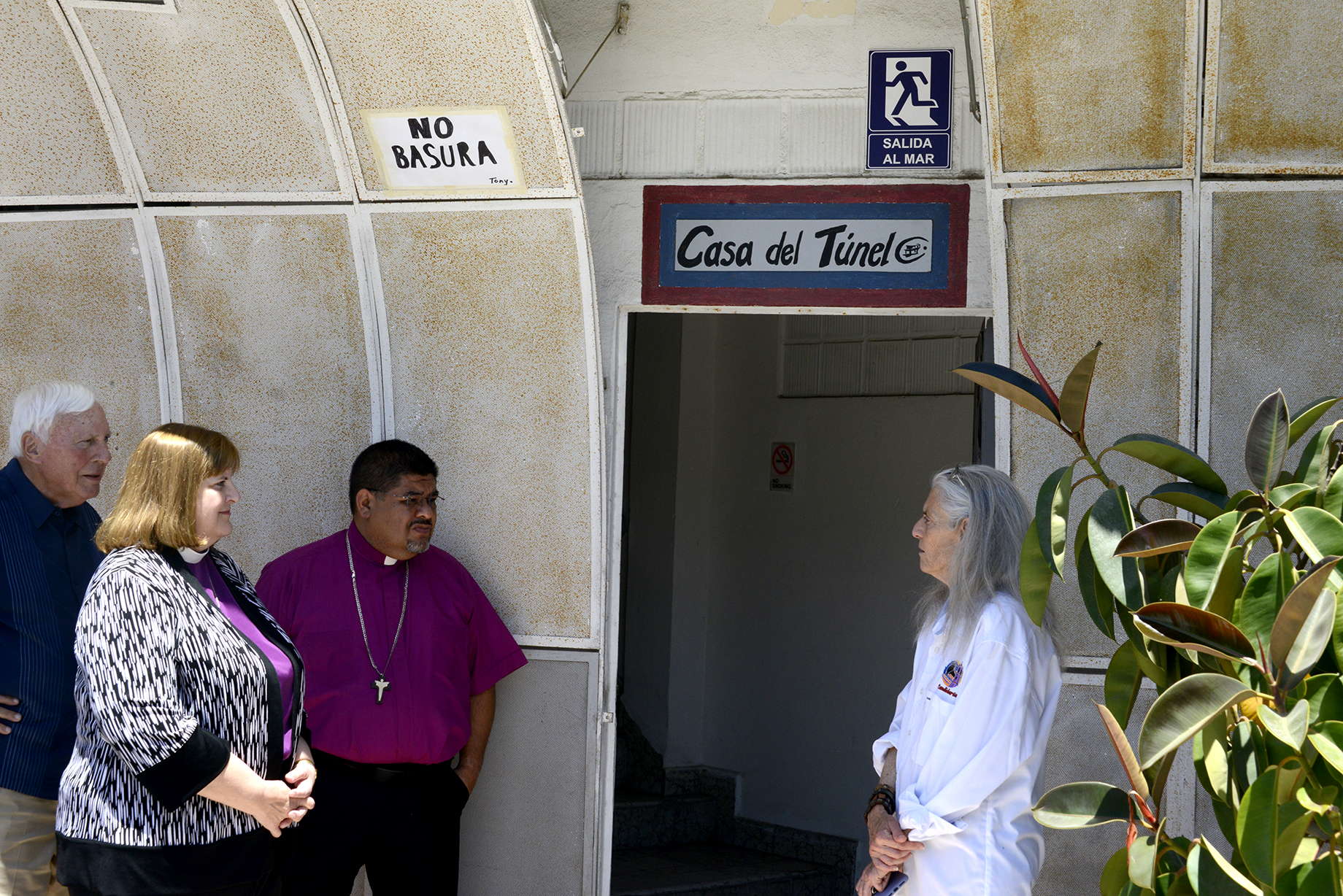 Throughout the morning session, the bishops conversed about realistic ministry opportunities. Bishop Gómez presented an opportunity at a 15,000 square meter lot near the border donated to the Diocese of Western Mexico. While the lot needs grading before structures can be built, Bishop Gómez dreams of developing an orphanage and youth facility, a church, and a migrant center. Bishops Martin and Romero discussed duplicating the project on Mexico’s southern border.
Throughout the morning session, the bishops conversed about realistic ministry opportunities. Bishop Gómez presented an opportunity at a 15,000 square meter lot near the border donated to the Diocese of Western Mexico. While the lot needs grading before structures can be built, Bishop Gómez dreams of developing an orphanage and youth facility, a church, and a migrant center. Bishops Martin and Romero discussed duplicating the project on Mexico’s southern border.
San Diego and Tijuana are intertwined; despite being separated by an international border and a wall, San Diego welcomes thousands of people from Tijuana to work, learn, and grow in the city. Others find themselves pressed against an immovable boundary, an international border, through which they cannot pass. These people migrate, sometimes thousands of miles from home, to seek refuge.
Troy Elder, Migration Missioner for the Episcopal Diocese of San Diego, said, “At this time when migration is particularly controversial, it bears remembering that human mobility is also a blessing. Working with our neighbors to the south, we recognize Tijuana as a mission field that allows us all to discover Christ and do our imperfect best to model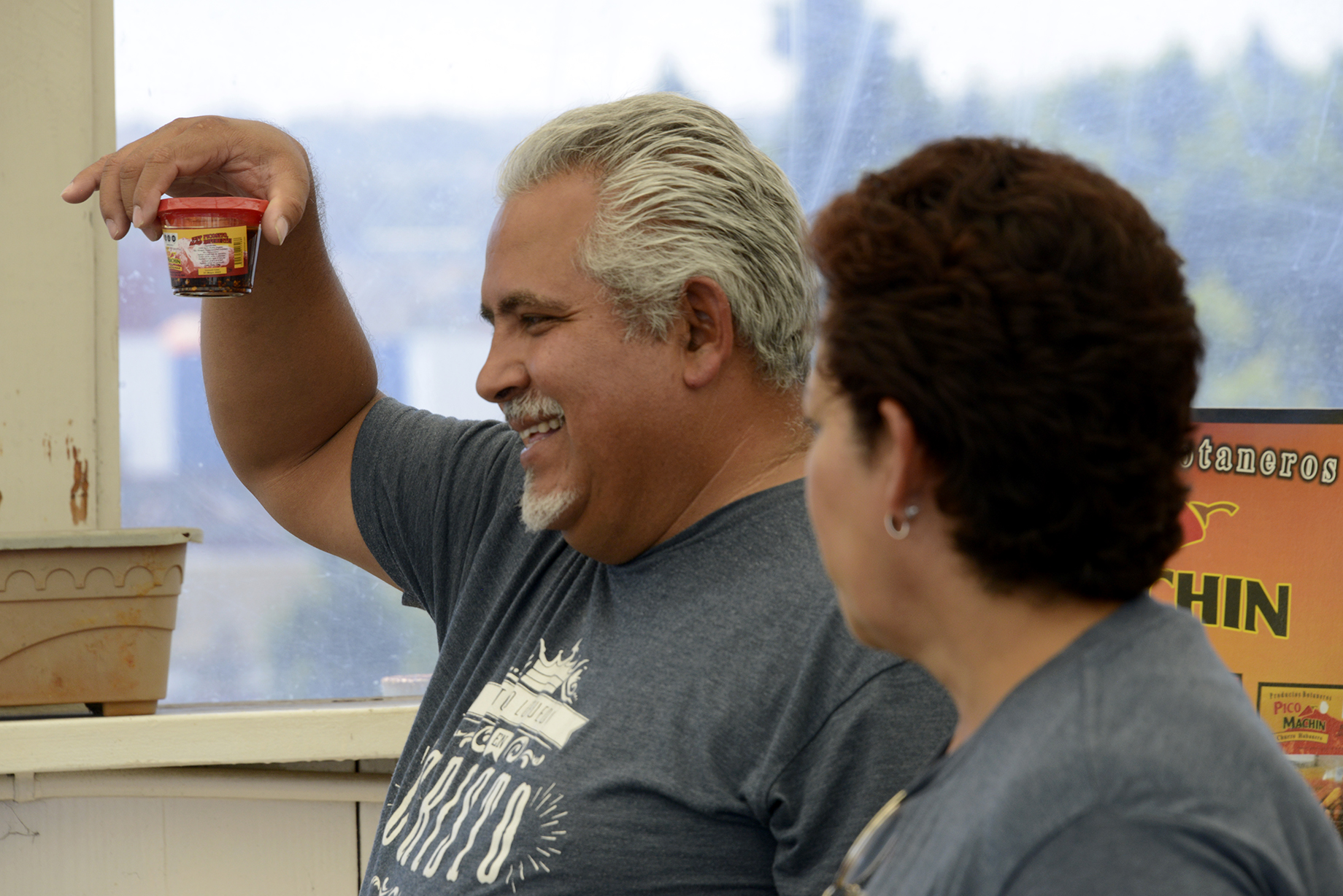 Him, even as the concept of ‘neighbor’ is redefined.”
Him, even as the concept of ‘neighbor’ is redefined.”
On June 6, 2022, over 15,000 migrants began walking north from Tapachula in Southeastern Mexico. Tapachula is a Mexican city along the Mexico-Guatemala border. During a morning discussion, Bishop Silvestre Romero said, “There is a difference between migration and forced migration.” Bishop Romero explained that there are many reasons to be forced to migrate, including violence and climate change. Not only is violence an issue, but floods are prevalent in Guatemala, and sometimes, communities lose everything. Poet Warsan Shire describes it perfectly at the end of her poem, “Home.”
no one leaves home until home is a sweaty voice in your ear
saying-
leave,
run away from me now
i dont know what i’ve become
but i know that anywhere
is safer than here
During lunch, the bishops heard from Via International, an organization helping migrants find security, education, and financial support. At Casa del Tunel, just a stone’s throw from the United States-Mexico border, local ministry leaders and recipients of their ministry shared experiences with the group. Having heard from small business leaders who provided a micro-loan to individuals who returned to school as adults to receive primary education, Via International is working on the front lines–helping people find security. 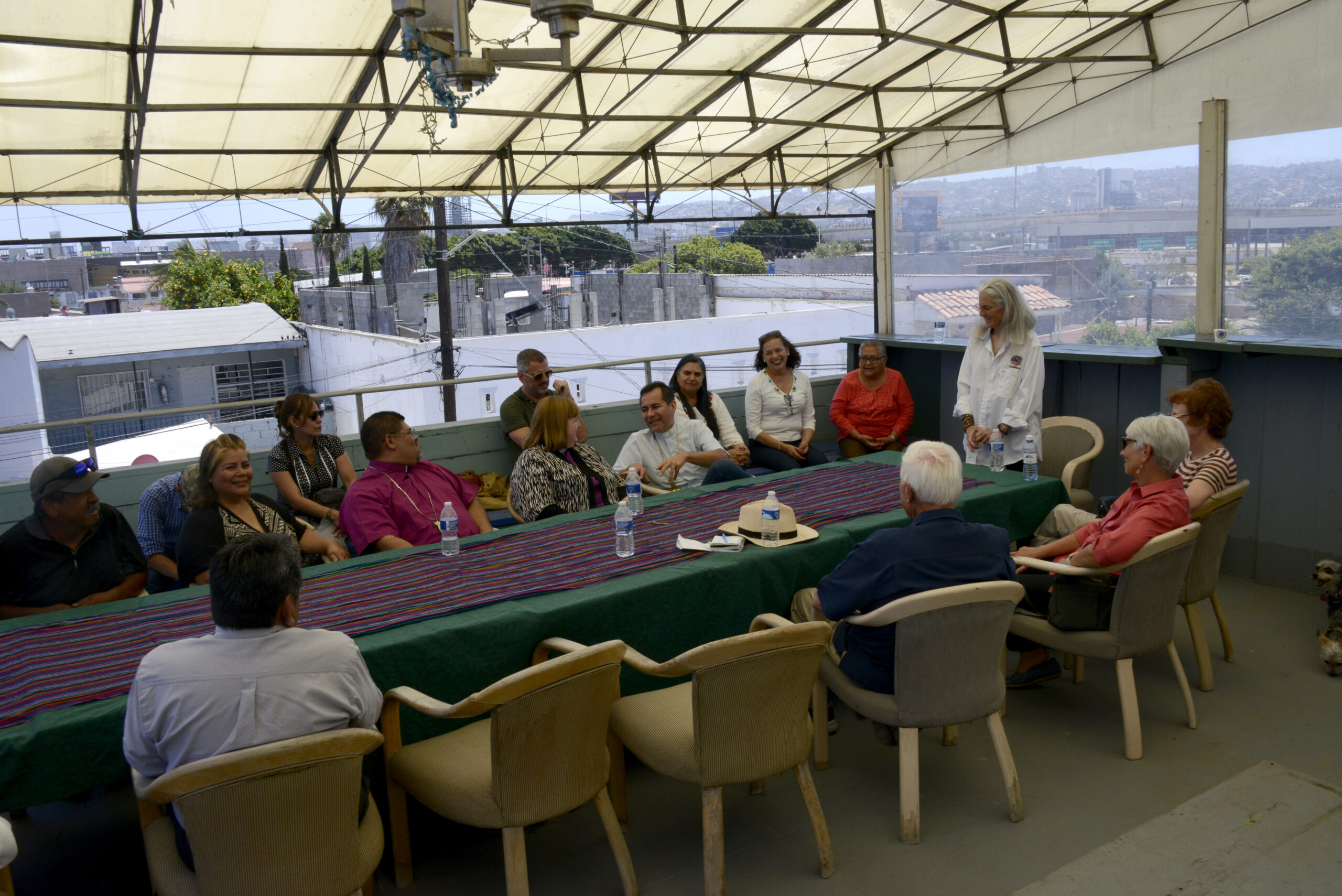
To close the day, the group visited Vida Joven, a small orphanage in Tijuana. Vida Joven is passionate about loving and supporting the children in their care who have faced abuse, abandonment, and more. Despite these children’s hardships, Vida Joven was filled with the laughter of children and unconditional love for each other. The children at Vida Joven gave a warm welcome to Bishop Susan and the group.
Angel Ibarra, Community Engagement and Volunteer Manager for Episcopal Community Services, especially looked forward to visiting Vida Joven. Ibarra said, “What struck me the most about Vida 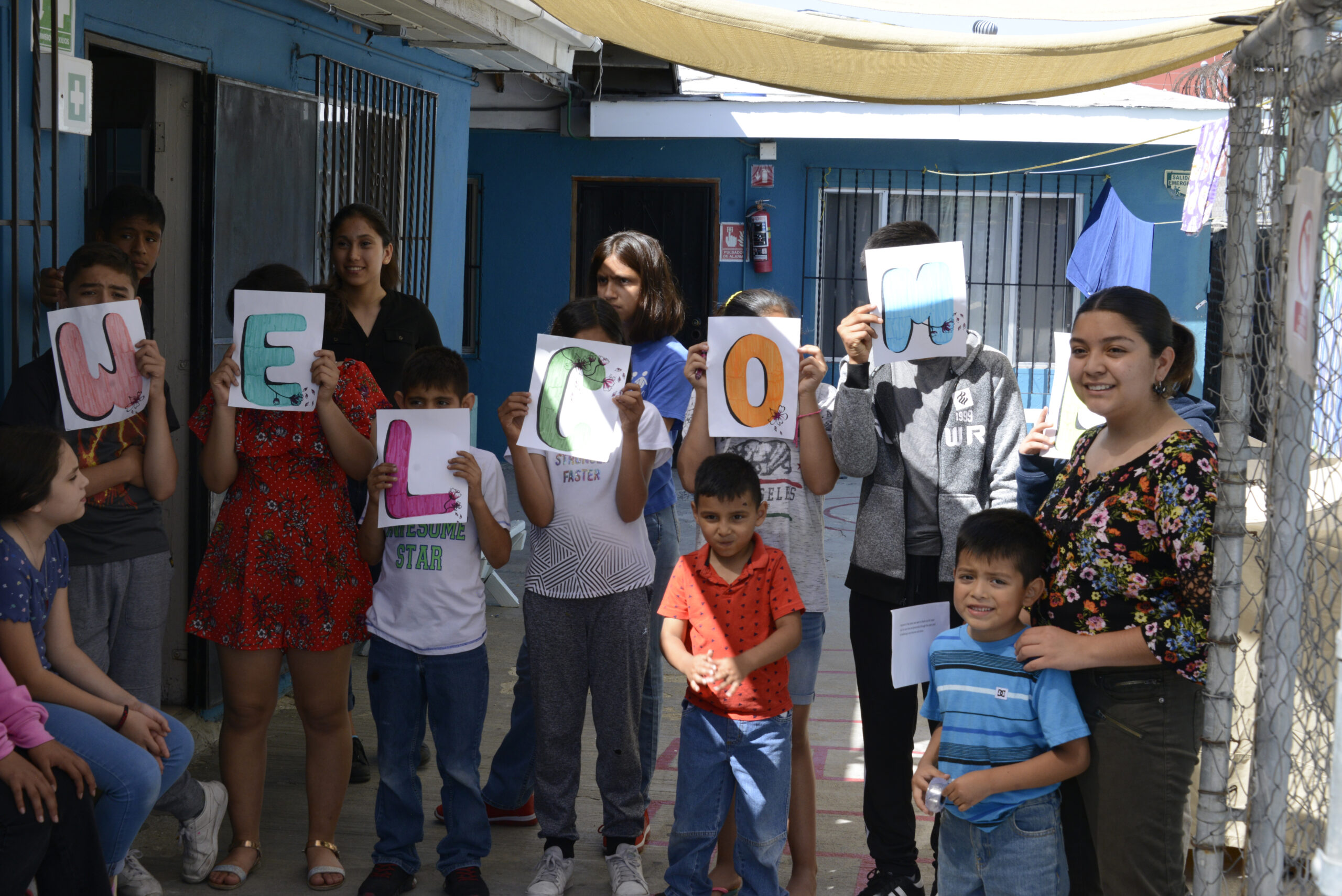 Joven was how each child was given the resources and support needed to live happy and healthy lives, not just during their time there, but also as they move forward with their lives. The care and affection they receive sets them up to be successful in adulthood, and the stories we heard about the children who have lived at Vida Joven are a testament to that.”
Joven was how each child was given the resources and support needed to live happy and healthy lives, not just during their time there, but also as they move forward with their lives. The care and affection they receive sets them up to be successful in adulthood, and the stories we heard about the children who have lived at Vida Joven are a testament to that.”
Churches throughout the Episcopal Diocese of San Diego help to support the good work of Vida Joven. You can learn more about supporting Vida Joven here.If you or your congregation are interested in learning more about EDSD’s ministry along the border, email Troy Elder, EDSD Migration Missioner, at telder@edsd.org. Learn more about Episcopal Migration Ministries, click here. And, join Troy and leaders from throughout Southern California at the Migration Taskforce Meeting held on the first Wednesday of every month on Zoom–contact Troy Elder for more information.